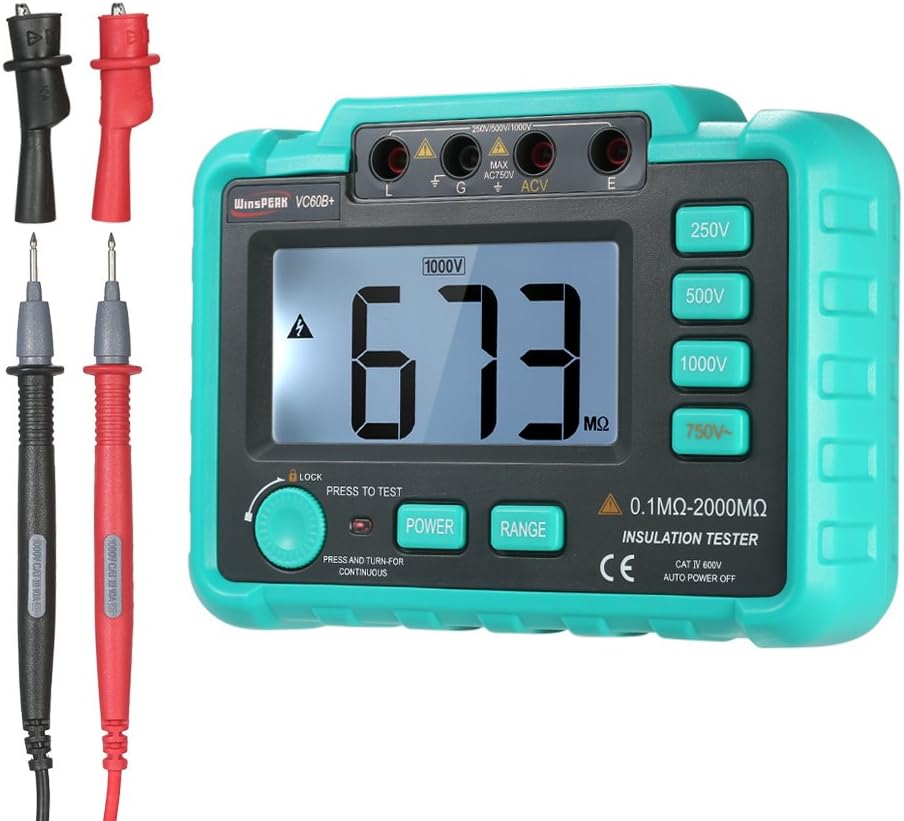Since my return from the Falklands in 1990 it seems the RCD has been a problem, I am not sure when the ELCB-v came out, (earth leakage circuit breaker) but it was short lived the 50 volt that should trip them could all too easy be shorted out, and we went to the ELCB-c which has changed names many times RCCB, RCB etc. They were in domestic to start with only used when you had an earth rod, and were 100 mA, and at 100 mA they did not seem to cause too much of a problem.
Then it was decided that was too high, and they need to trip at 30 mA, the problem is any AC cable will always leak some power to earth, capacitive and inductive linking means there is always a little, and although the RCD says 30 mA, it is designed not to trip with less than 15 mA and much trip with 30 mA and at 150 mA must trip in 40 mS on either positive or negative part of wave form, so we are told the total leakage with not fault should not exceed 9 mA.
Sounds good, but to measure 9 mA you need a clamp-on meter with a 0.001 amp scale, and mine is 0.1 amp scale, so even if I wanted to, I can't check under 9 mA. However my RCD tester if over 9 mA would likely not show the RCD holding in at 15 mA.
But clearly once tripped you can't measure 9 mA anyway, so the other tool is the insulation tester, which is rather important, as the RCD measures current in and current out, it does not measure current to earth, it just assumes if two don't equal then it must be going to earth, and in the main it goes line to earth. (Live is both the phase and neutral, so to differentiate with single phase we call it Line) However it can also go neutral to earth, and this causes a problem, as the more current that is drawn the bigger the voltage difference between neutral and earth so the more current that will flow, so bit of wet bread in a toaster can cause RCD to trip when kettle is used, because when kettle used there is a bigger difference between neutral and earth.
So we test neutral as well as line, and we use 500 volt DC to test with, but DC does not have capacitive or inductive linking, so it is not 100%, but finds most faults, however some boilers have a filter to stop spikes on the supply for doing damage, and 500 volt can damage the filter, so we normally use 250 volt only with anything using electronic controls.
Although some items can cause problems, freezer with auto defrost often the defrost heater only works once a day, so easy to miss, but in the main only the line is switched, so a neutral to earth reading will still find it.
Things like 3 port valves can cause problems, as they have a diode in them, so can cause DC to flow, but in the main DC stops a RCD working it does not trip it, that is why today many boilers say you must use a type A
RCD which can take 6 mA of DC and not a type AC
RCD I know Bosch boiler instructions ask for type A, with electric cars type B
is often required.
It seems odd that we still in the UK fit type AC, but we do. My consumer unit only changed last year, but still all type AC RCBO's.
Because of the 9 mA limit there is a limit as to how many circuits can be put on one RCD, there is also safety, clearly if something other than lights gives us a shock we don't want to be plunged into darkness, and it is common to split lights upper and lower floor, but with sockets it is better to split side to side, so in an emergency you don't need extension leads up/down stairs, and it also means in most property a better earth loop impedance. But the consumer unit is often designed with just two RCD's so it is impossible to split sockets and lights without having either lights fail when sockets trip or all sockets and all lights on same RCD.
However we do have high integrity consumer units, these allow one or two circuits to be supplied from a RCBO, this is a MCB and RCB combined, so essential services are not lost with a general fault, but it is down to the designer to decide how the circuits are split. In may house I have all RCBO's so every circuit is independent.
It seems you have had electricians trying to cure the problem, and a new consumer unit, if I had a problem then I would look at having the circuit feeding boiler on its own RCBO so only that circuit is lost, that may include a bank of sockets, but at least most the house continues to work.
With a fault with my daughters house it did take some time to find, socket screw was touching a neutral wire where some one had damaged the insulation when stripping, and it made and broke as walking along the floor, so there are some faults that can be hard to find, but the random changing of components to find the fault is clearly not required, and the minimum acceptable ohms to earth is 1000000 or 1MΩ and you were quoting far lower figures.
I could understand why a DIY guy can't find the fault, but should be easy for an electrician with all the testers, so what has gone wrong?






